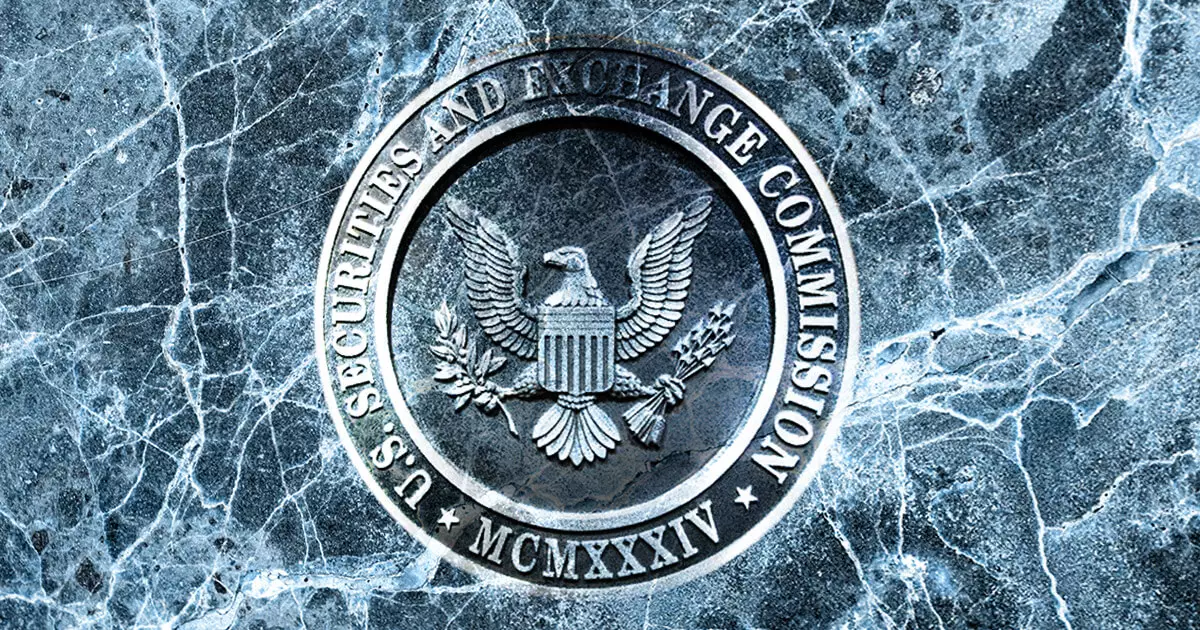The US Securities and Exchange Commission (SEC) Commissioner Mark T. Uyeda recently addressed the need for specialized S-1 registration forms specifically designed for digital asset securities. During his talk at the Korea Blockchain Week 2024 event on Sept. 3, Uyeda highlighted the challenges posed by the current regulatory tools in addressing the unique features of digital assets. The traditional S-1 form, a key document required by the SEC for US issuers offering new securities to the public, may not adequately capture the specific characteristics and complexities of digital asset securities, according to Uyeda.
Uyeda drew examples from other financial products where the SEC worked with sponsors to create customized registration requirements when standard forms were insufficient. He advocated for a similar approach for digital asset securities, which often do not neatly fit into existing regulatory categories. Uyeda expressed concerns about the unnecessary burdens placed on sponsors of digital asset securities due to the lack of tailored registration options, calling for a more adaptive regulatory framework that recognizes the distinct nature of digital assets classified as securities under federal law.
The classification of digital asset securities remains a contentious topic within the SEC, particularly in light of legal disputes with major industry players like Ripple and Coinbase. These firms have criticized the SEC for the lack of clarity on what constitutes a security in the context of digital assets, leading to uncertainty and legal challenges. They have emphasized the importance of clear, consistent, and predictable rules to foster innovation and protect investors in the digital asset industry.
Uyeda addressed the broader issue of regulatory uncertainty in the digital asset space and urged the SEC to take decisive action through new legislation or rulemaking to provide clearer guidelines for the industry. Despite the increasing relevance of digital assets, these issues have not taken priority in the SEC’s regulatory agenda under Chair Gary Gensler. Uyeda, whose term as commissioner extends until June 2028, stressed the importance of considering international developments, particularly in regions like the European Union, South Korea, and Japan, when crafting future regulations for digital assets.
The evolving landscape of digital asset securities presents unique challenges for regulators like the SEC. As the industry continues to grow and innovate, it is essential for regulatory frameworks to adapt to the distinct characteristics of digital assets. The development of specialized S-1 registration forms tailored to digital asset securities could address the current shortcomings in regulatory tools and provide clarity for both issuers and investors in this rapidly changing market. By considering international best practices and collaborating with industry stakeholders, the SEC can play a crucial role in fostering a regulatory environment that supports innovation while ensuring investor protection in the digital asset space.

















Leave a Reply